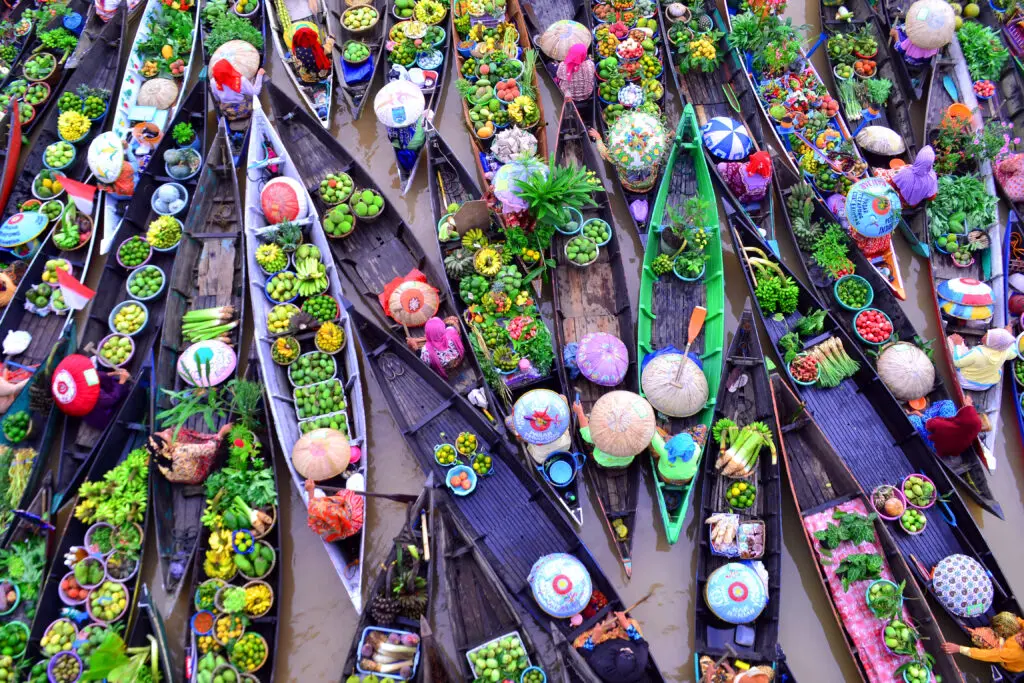‘Innovation waits for no man and we look at it from the bright side: tension can be a great motivator,’ says Gautam Rathore, md of Indonesian plastics recycler Bumi Indus Padma Jaya (BIPJ).
The company, based in Jombang, East Java, recycles polyethylene (PET) packaging into food-grade resin. It processes two billion bottles per year.
The 20 000m greenfield facility operates state-of-the-art technology and employs 150 people ‘passionate about recycling’. The workforce is quickly growing, supported by countless informal ‘agents’ that drop off used bottles on a daily basis.
Rathore points out that 68% of all PET bottles consumed in Indonesia are collected for recycling, although most are down-cycled into non-food industry applications.
‘We are hoping to change that by offering premium food-grade recycled PET. In my eyes, bottle-to-bottle recycling is the future. It’s already proven to be a success story in many countries. There is no reason it can’t work in Indonesia if you really commit to it.’
FAKE CLAIMS
Used PET bottles are gathered at collection hubs across the island and shipped to BIPJ’s headquarters. The food-grade output has allowed the company to stand out in an industry that Rathore laments is still fighting ‘greenwashing’.
‘We encourage companies to include as much recycled content as possible. This is perfectly possible. Sadly, not everyone makes good on their promise. I can’t tell you how often I’ve heard someone boast about recycled content only to find out they were talking about production waste.
‘It’s disheartening because you and I know that’s not the same thing. How is that helping clean our oceans? Plastic pollution is a huge issue across Asia too – so this attitude really bothers me.’
FUNDING
Rathore adds that growing interest in plastics recycling has made more funding available for recyclers. Even so, it’s not always distributed fairly. ‘The money should go to people who are mechanically recycling, not merely treating leftover production scrap or down-cycling,’ the recycler argues.
‘It’s great that a bottle is turned into a shoe sole or car mat. What comes after that? Such products don’t have many lifetimes and eventually get burned or landfilled.’
Those pulling the most weight from a nationwide perspective are the independent collectors. ‘There are thousands of mothers and fathers, sometimes entire families, collecting bottles day after day,’ Rathore says.
‘It’s a mode of survival for them, recycling helps them stay afloat. These people are the foundation of Indonesia’s recycling sector. We rely on them for most of our material. I have the utmost respect for them.’
Read the full PRSE expo story here >>
Don't hesitate to contact us to share your input and ideas. Subscribe to the magazine or (free) newsletter.



